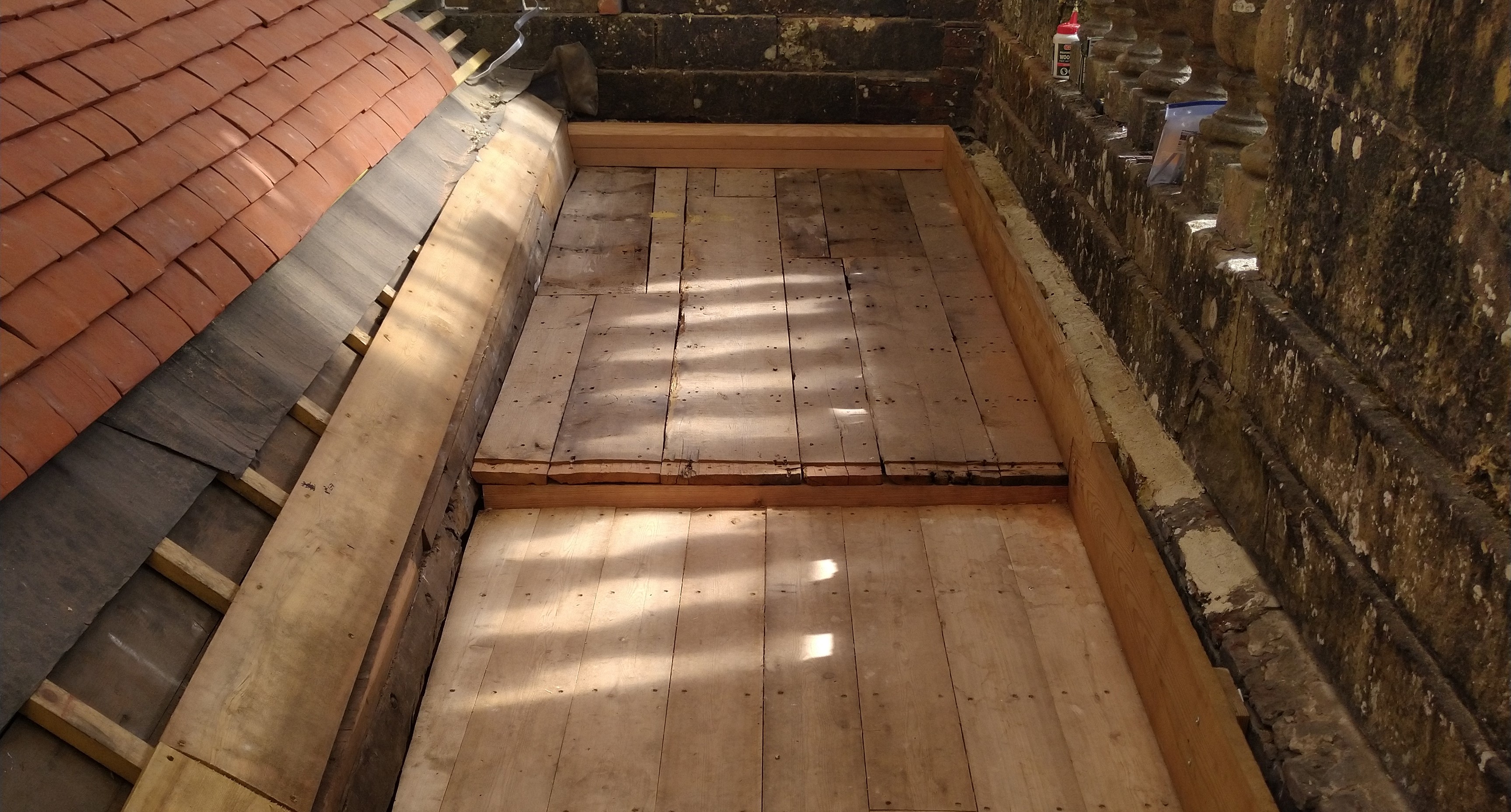SSH Conservation
Promoting Sustainability
SSH Conservation Ltd is committed to minimising its impact on society and the natural environment and has a responsibility to conduct and develop its business without compromising the needs of future generations.
We aim to achieve the following objectives concerning economic, environmental and social sustainability:
- Make more efficient use of resources including labour, materials, energy and water.
- Improve profitability by the reduction of operational costs, resource consumption and transport costs.
- Protect the environment from the impact of waste, emissions and other pollutants and use natural resources carefully.
- Enhance the environment by using traditional and sustainable materials and by considering the needs of local communities.
- Reducing fossil fuel usage to minimise climate change.
- Protect biodiversity.
- Follow the key points of our Environmental Policy concerning waste, recycling, use of materials, environmental legislation and fuel consumption.
- Develop good relationships with clients, architects, suppliers and communities and work together towards sustainable solutions.
- Source local suppliers and labour where possible.
- Provide guidance for employees and sub-contractors to achieve our sustainability objectives.
- Increasing levels of employment, skills and equality.
- Continue and develop teaching the use traditional materials and increase people’s awareness of these materials as sustainable alternatives.
- Provide a safe working environment and make the health and safety of employees, sub-contractors and those affected by our activities a priority.
- Provide equal opportunities and encourage learning and personal development within the company.
- Ensuring fair pay and working conditions throughout our supply chain.
- Improve public health and quality of life.
- Innovate and develop sustainable work practices and review this policy regularly.
SSHC Environmental Policy
Objectives
SSHC recognises that decisions and actions taken now will have long term as well as short term impacts. Sustainability involves taking responsibility on an environmental, economic and social level. We have a policy of continuous improvement in our environmental performance, and we seek to innovate, monitor and improve our practices regularly in order to achieve this. As a business we strive to fulfill the following objectives:
- Reducing carbon emissions and consumption of natural resources
- Encouraging car-sharing and use of public transport.
- Participating in the Cycle to Work Scheme.
- Reducing journeys through use of local labour and materials.
- Increase the use of Eco welfare units on sites.
- Economic use of heating and lighting in welfare units and in the office.
- Economic water consumption on site, including reuse where possible.
- Use of sustainable materials and techniques eg. lime mortar (not cement unless specifically specified) is used in all of our masonry and conservation activities, which has an inherently lower carbon footprint in its manufacture and lifecycle.
- Use of FSC/PEFC certified timber.
- The use of local timber where possible.
- Use supply companies who demonstrate good environmental credentials.
- Reducing waste to landfill
- Apply the waste hierarchy principle to all our sites and actively increase reuse and recycling.
- Separation of waste on site for recycling (rubble, stone and timber, mortar, chemicals, general waste).
- Avoiding use of mixed waste skips where possible.
- Logistical planning to allow for reuse of materials across sites (stone, timber, lime, aggregates).
- Timely ordering and appropriate storage of materials to reduce waste.
- Encouraging reduction and recycling of canteen waste.
- Separating of office wastepaper for recycling.
- Reducing waste from PPE eg. hardhat recycling scheme, reusable masks and gloves.
- Managing procurement responsibly
- Selecting materials with minimal plastic and packaging waste.
- Working with suppliers who will accept the return of packaging waste for recycling.
- Selecting suppliers and subcontractors that are local to our sites.
- Working with suppliers who have demonstrated a commitment to sustainability.
- Requesting an Environmental Policy from our subcontractors prior to engagement.
- Protecting wildlife and habitats
- Adherence to the Wildlife and Countryside Act 1981.
- Correct disposal of chemicals and waste generated through conservation cleaning (COSHH).
- Correct training for staff using herbicides and chemical cleaning agents.
- Minimising noise, dust and other types of pollution through careful control measures.
The principles of conservation promote an understanding of materials and techniques aimed at increasing the longevity of a building or structure, thus reducing consumption of raw materials and reducing waste to landfill. We subscribe to these principles and also seek to educate and inform our clients on care and maintenance in order to fulfill the same objectives.
Jake Motley - Managing Director January 2024

